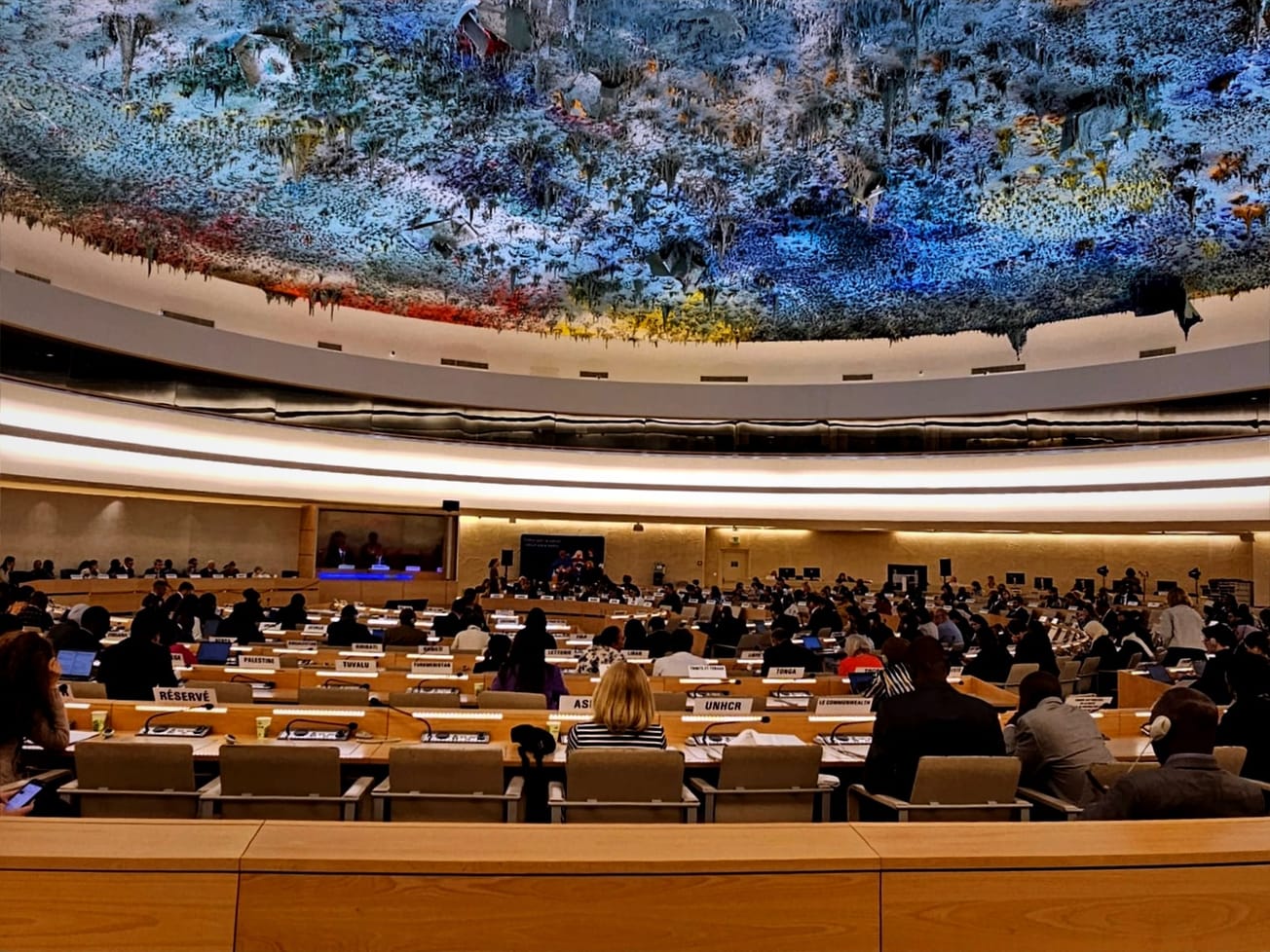GENEVA (AN) — The U.N. health agency's governing body approved new amendments to its global health laws and authorized another year of pandemic treaty talks in hopes of strengthening international cooperation.
The World Health Assembly agreed to amend the International Health Regulations – which took effect in 2007 and are legally binding on 196 countries – by adding a new category for when a "pandemic emergency" exists and committing to greater access to medical products and financing.







